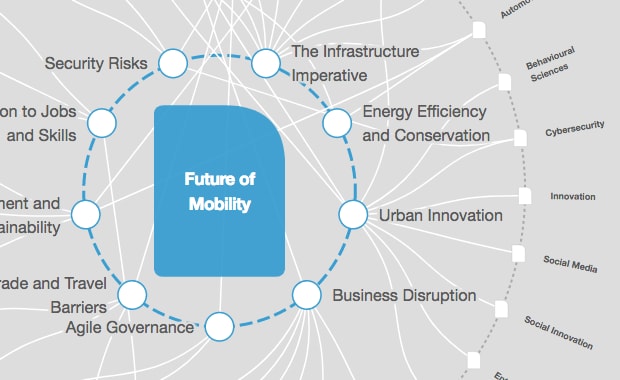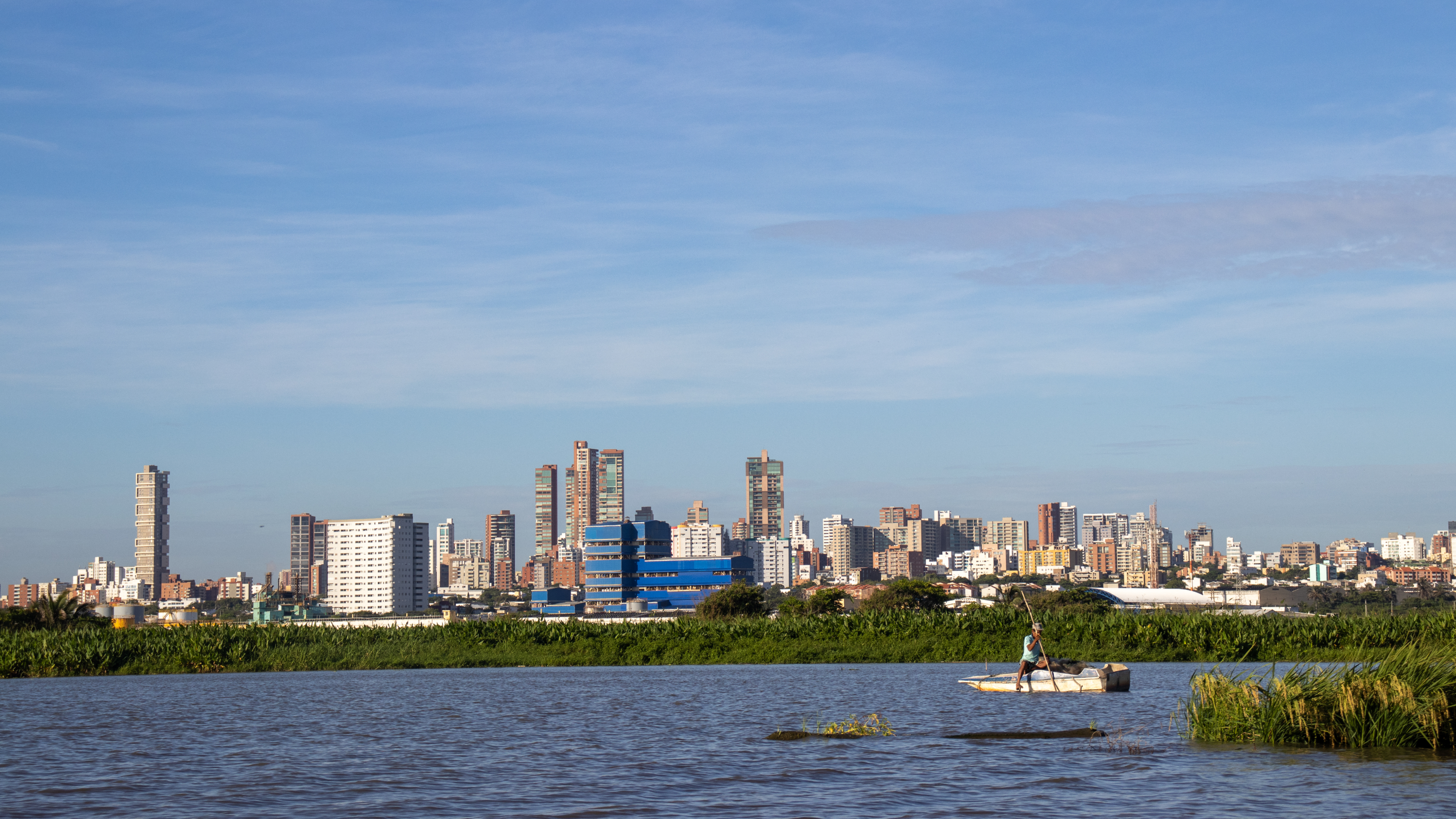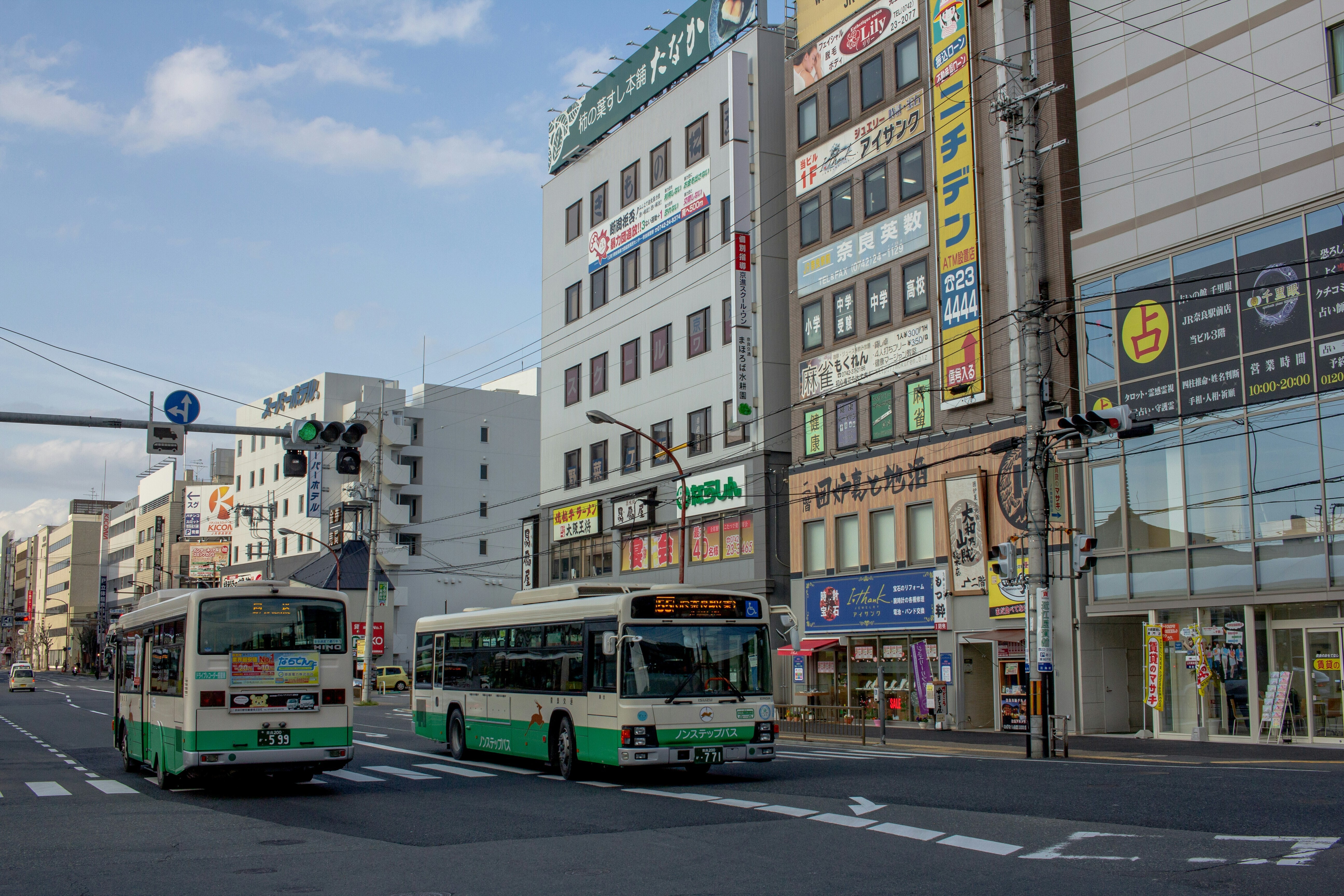How new taxi marketplaces are tackling old challenges

Kiosk-based booking systems could be the future of the taxi industry Image: Unsplash/Lexi Anderson
- Marketplaces modernize taxis, cutting costs and idle time and have the potential to boost electric car use.
- Dynamic pricing fosters fair competition, benefiting drivers and passengers with flexibility and inclusivity.
- Enhanced efficiency and transparency reduce complaints and wait times and promote sustainable travel.
As cities intensify efforts to reduce carbon emissions, the taxi industry faces increasing pressure to adapt and innovate. Rising operational costs and low driver utilization are obstacles to achieving sustainability goals, as they reduce revenue and willingness to invest in electric cars.
New marketplaces are emerging to address these challenges, bringing fresh approaches to the taxi industry. Fast Travel is one new disrupter developing systems designed to create more efficient, flexible options for drivers and passengers and effectively take away the taxi queue and allow drivers and taxi companies to set their own pricing.
Continued challenges in taxi industry
Taxi marketplaces have evolved rapidly in recent years. Ride-hailing apps such as Uber, Bolt and Lyft reshaped the taxi industry by directly connecting drivers and riders.
These platforms simplified the process, increasing supply and demand, but they also have their limitations. They can exclude non-digital users and those with specialized needs including child seats or disability-accessible vehicles.
Moreover, customers are locked into a single platform, leading to inflexible pricing and no competition between operators.
Traditional taxi queues, on the other hand, are a failed marketplace – drivers can wait for hours for rides, resulting in inflated fares to recover costs, while customers are left frustrated by unpredictable pricing and possibly even scams.
A new model for taxi marketplaces
One emerging solution is the use of booking kiosks to create an online centralized, competitive marketplace in high-traffic areas.
Central to this model is the reduction of drivers’ idle time, which contributes to lower revenues and job satisfaction. Drivers are given data on expected wait times so they know when and where demand for their services lies.
The model also allows each taxi driver or hub to compete on price in real time. This flexibility allows the drivers to determine the price based on demand, sometimes resulting in more affordable fares. In periods of higher demand, the drivers themselves may price their fares moderately higher.
Internal research by Movability suggests that this approach can reduce taxi trip costs by over 60%. These savings are crucial in an industry where high fares and idle time contribute significantly to inefficiencies.

Promoting inclusivity and sustainable choices
Another advantage of the kiosk system is its inclusivity.
By bridging the gap between digital and non-digital users, passengers without smartphones can still book rides due to street-level facilities. Kiosks also offer features that meet the needs of passengers requiring specialized transport, including those with children or individuals requiring accessible vehicles, by completing a field for requests.
Beyond improving access, kiosks also support sustainable transportation choices. For example, Fast Travel’s system was implemented at Oslo Airport, which significantly increased the share of electric taxi rides from 15% to over 70%, partly by “nudging” passengers towards green options.
Amy Løken, Head of Passenger Services for Norway airport operator Avinor, noted that Fast Travel’s system has promoted sustainability goals by increasing the share of electric taxi bookings while reducing idle time and emissions.
Løken said: "Implementing Fast Travel’s solution has been a huge win for our sustainability goals. They have both increased the share of electric taxis booked as well as reduced the amount of time the taxis are idling with the engines on."

Consumer protection and reduced wait times
The shift to kiosks has also reduced incidents of overcharging and lengthy wait times, common issues in traditional taxi queues.
Before this system, some drivers would wait four to six hours for a ride, pay a dispatch fee and often end up with unprofitable short trips, which incentivized higher pricing.
Passengers were sometimes exposed to aggressive pricing tactics and there were even complaints about uncomfortable interactions in the taxi queue.
"Passengers were exposed to wild prices when we had traditional taxis," said Løken. "Even though we have regulations specifying that customers could choose taxis in the line based on price this didn’t happen in practice.
"There would be uncomfortable situations for the customer if they chose another taxi. We had customers getting yelled at by taxi drivers and coming to us afterwards to complain, while we couldn’t ban any driver from being in our queue. But after Fast Travels system was implemented our complaints were reduced significantly."
Median wait times are now around 34 minutes. Drivers can now also differentiate their services, offering options ranging from affordable electric cars to premium vehicles.
Fares are agreed upon in advance, addressing common complaints about unpredictable pricing and scams. Avinor and Fast Travel say passengers tell them that booking a taxi is safer and more straightforward through them.
"Now we have predictable prices, and customers tell us that it feels safe to book a taxi ride from our airport. As a result, taxi rides have increased by 25% since 2019, even though total traffic has dropped," said Løken.

A win for sustainable transport
In the coming years, the impact of new taxi marketplaces on urban transportation will be profound. As kiosk-based systems continue to refine their systems to improve utilization and increase sustainable taxi rides, cities and consumers will benefit.
With the ability to scale and adapt to different urban environments, the kiosk system represents a step forward in the push for smarter, greener transportation solutions.
Don't miss any update on this topic
Create a free account and access your personalized content collection with our latest publications and analyses.
License and Republishing
World Economic Forum articles may be republished in accordance with the Creative Commons Attribution-NonCommercial-NoDerivatives 4.0 International Public License, and in accordance with our Terms of Use.
The views expressed in this article are those of the author alone and not the World Economic Forum.
Stay up to date:
Mobility
Forum Stories newsletter
Bringing you weekly curated insights and analysis on the global issues that matter.
More on Built Environment and InfrastructureSee all
Simon Torkington and David Elliott
November 27, 2025







